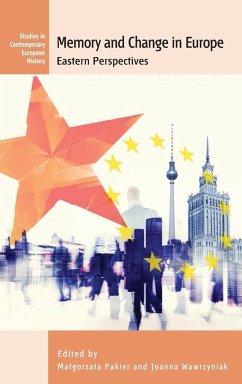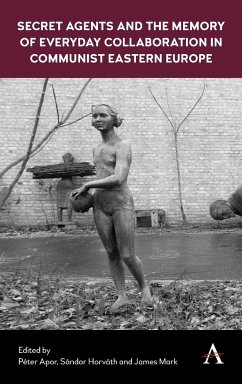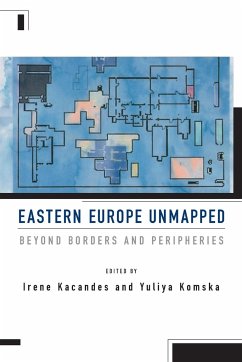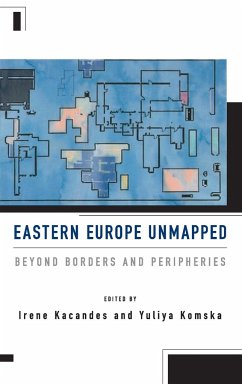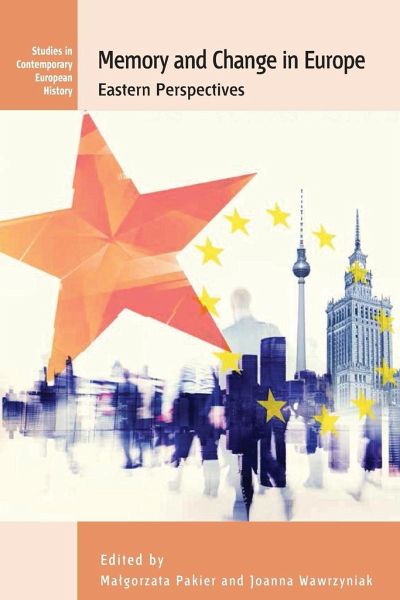
Memory and Change in Europe
Eastern Perspectives
Herausgeber: Pakier, Ma¿gorzata; Wawrzyniak, Joanna
Versandkostenfrei!
Versandfertig in 1-2 Wochen
33,99 €
inkl. MwSt.

PAYBACK Punkte
17 °P sammeln!
Offers a reflection on memory from an Eastern European historical perspective, one that can be measured against, or applied to, historical experience in other parts of Europe. The authors situate studies on memory in Eastern Europe within the broader debate on European memory.



